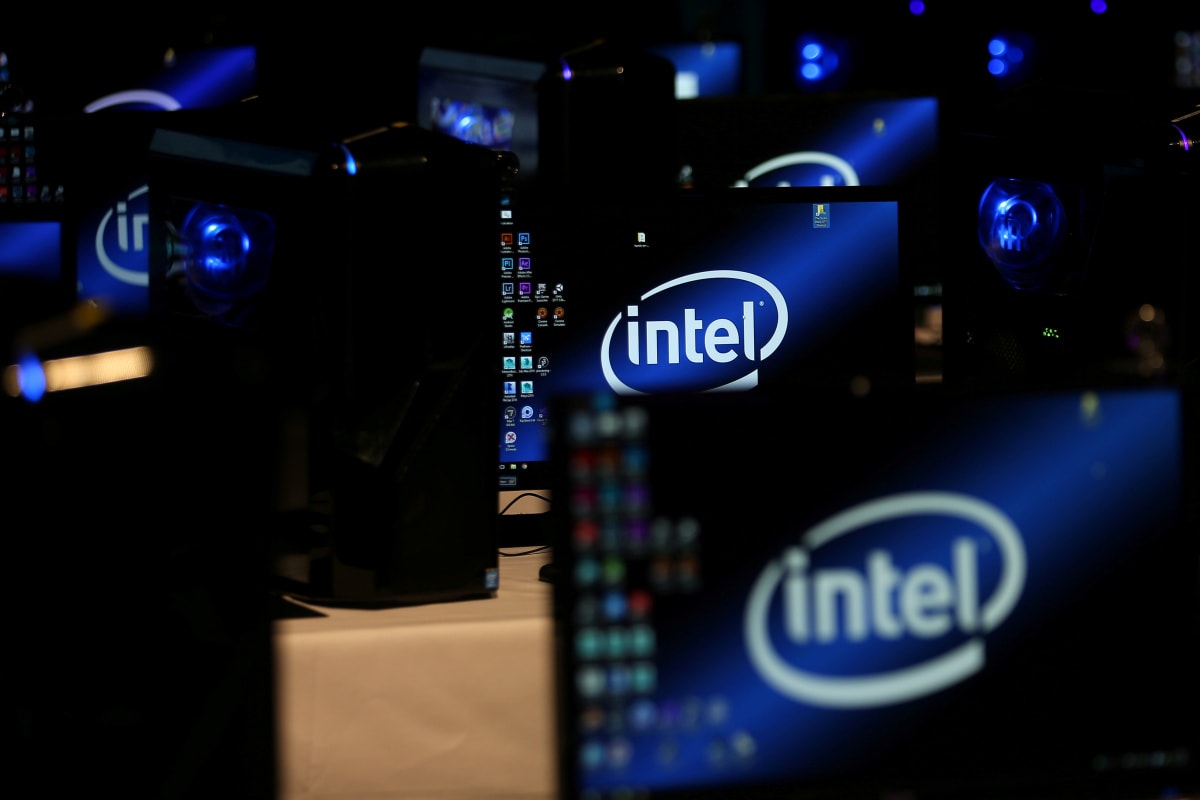Intel on Thursday gave new details of its turnaround strategy to source subcomponents of its chips from external factories, including new specifics of partnerships with rival Taiwan Semiconductor Manufacturing Company (TSMC).
Intel is one of the few remaining semiconductor firms that still designs and manufactures its own chips. But it lost its lead in making the fastest chips to TSMC, which focuses on manufacturing designs from outside firms, after missteps in its manufacturing operations.
Intel Chief Executive Pat Gelsinger earlier this year outlined the company’s strategy to regain its footing in manufacturing by 2025. But in the meantime, Intel is trying to prevent further erosion of its chip market share by rivals such as Advanced Micro Devices (AMD) and Nvidia, who have faster offerings.
Part of Intel’s answer involves tapping rivals like TSMC for subcomponents of chips called “tiles” and stitching those together in Intel’s own factories with packaging technology. Intel on Thursday said its new “Ponte Vecchio” chip will use key tiles made with TMSC’s “N5” and “N7” chipmaking technologies, placed on top of an Intel-made base.
The “Ponte Vecchio” chip’s first major use will be in a supercomputer that Intel is building for the US Department of Energy.
Raja Koduri, senior vice president of Intel’s accelerated computing systems and graphics group, conceded it had been years since Intel challenged Nvidia at speeding up artificial intelligence software, a market that has powered much of the chip industry’s expansion in recent years.
Koduri said the “Ponte Vecchio” chip is faster than Nvidia’s offerings at some of those tasks.
“For a decade, we let them just have free reign,” Koduri said. “That ends now.”
Intel earlier this week also gave a new name to its graphics chips that will challenge Nvidia’s other major market of video gaming.
Intel said Thursday its “Alchemist” graphics chips will be made by TSMC using the latter’s newly named “N6” chipmaking technology, an upgraded version of its “N7” technology. Reuters reported in January that Intel would use TSMC’s upgraded technology.
© Thomson Reuters 2021
